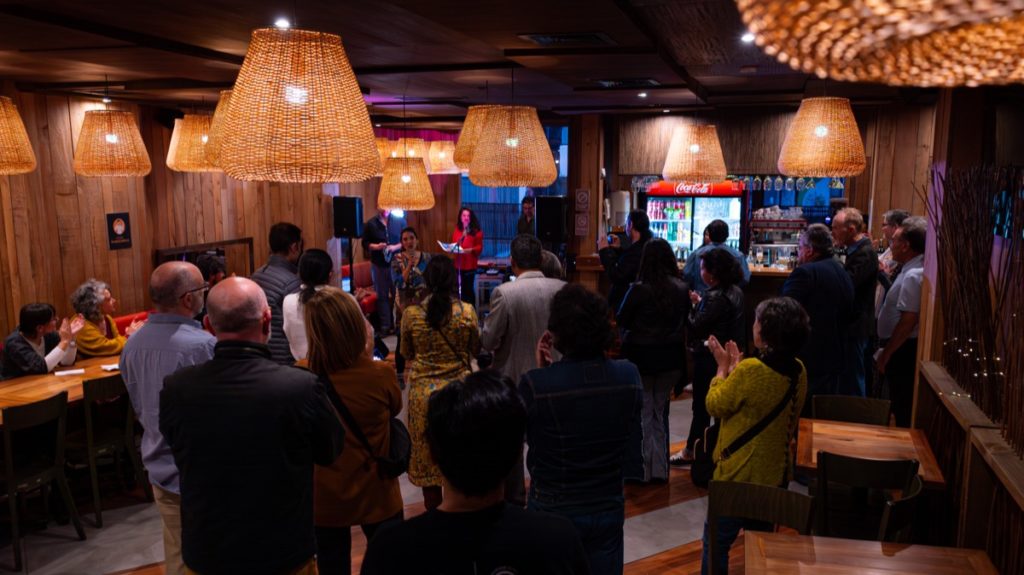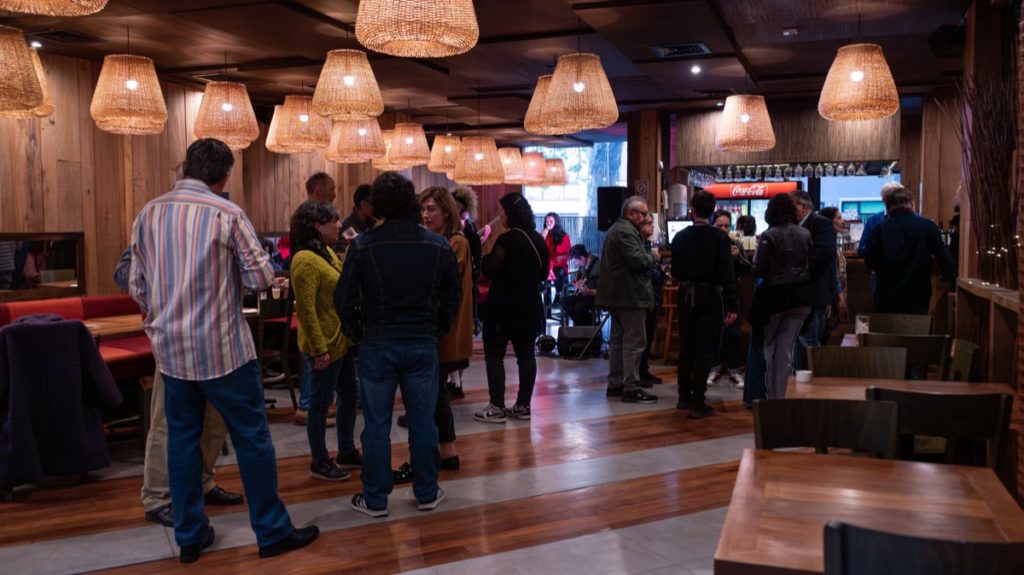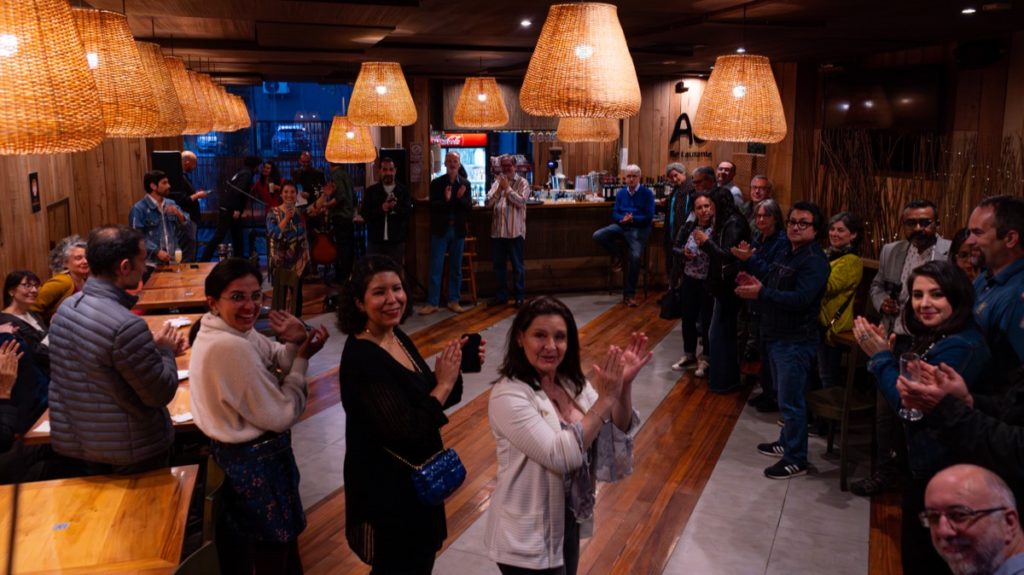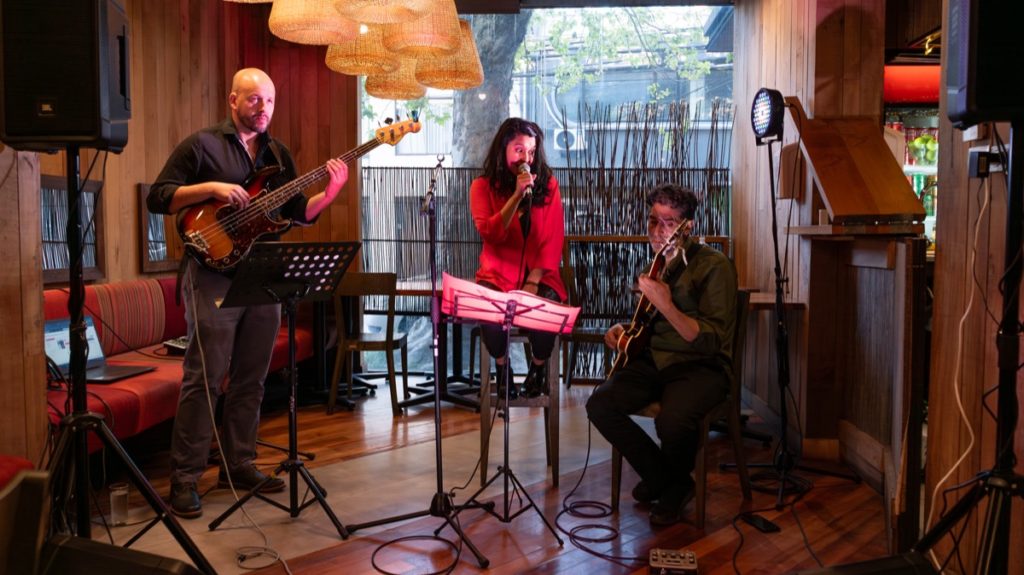With a musical intervention, the speakers of the IV International and Interdisciplinary Congress on Cultural Heritage were welcomed
Last Sunday, October 15th, at the Aurelio Hotel in Concepción, the reception of national and international speakers of the IV International and Interdisciplinary Congress on Cultural Heritage took place. This event, organized by the Creasur Cultural Center, funded by the Regional Government of Biobío, and supported by Nudisur.
To welcome the more than 60 guests, a musical concert was organized featuring a compilation of jazz fused with popular music, as well as original music inspired by the natural surroundings of the city of Concepción.
In this edition, the congress will focus on the theme “Industrial Heritage, Social Issues, and Challenges for New Governance,” promising to be a unique opportunity by bringing together, for the first time, experts in industrial heritage from all over Chile and the world, highlighting the participation of India, Nigeria, Nepal, Indonesia, Egypt, Argentina, Cuba, Uruguay, Brazil, Mexico, Venezuela, Spain, Germany, and France.
About the Congress:
Between October 16th and 20th, the Biobío Region will host the “IV International and Interdisciplinary Congress on Cultural Heritage: Industrial Heritage, Social Issues, and Challenges for New Governance.”
The event will gather experts, academics, and cultural heritage enthusiasts to establish a governance network for cultural heritage at both regional and international levels and provide training for those involved in related projects, both at the municipal level and within community organizations in the Biobío Region, equipping these stakeholders with new tools and international standards to address the evolving challenges of industrial heritage governance.
Additionally, alongside the congress, the “Ruins Art Festival” will be held, which, besides providing a platform for local creators, will foster appreciation and understanding of the intangible cultural heritage that shapes the identity of Biobío.
The synergy between the congress and the festival will allow for a deep exploration of the intersections between industrial heritage, social issues, and contemporary challenges in governance. Thus, discussions and exhibitions will intertwine to offer a comprehensive experience that underscores the importance of preserving, understanding, and adapting the valuable cultural heritage.





